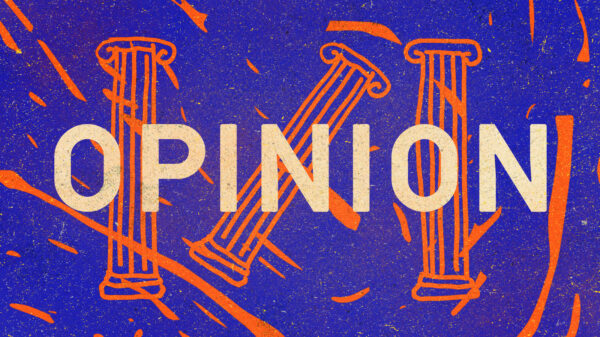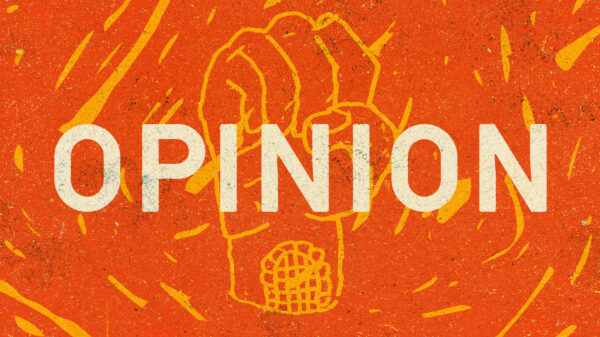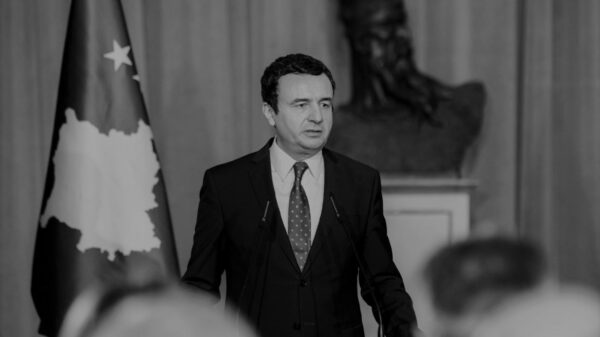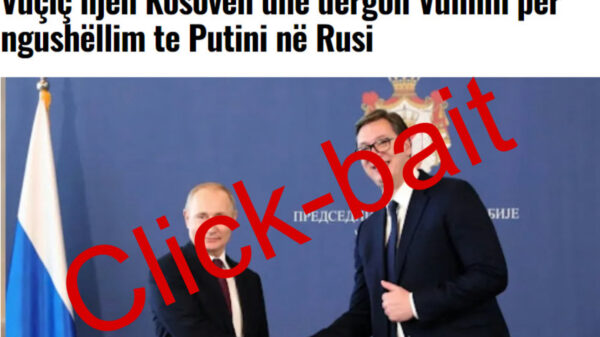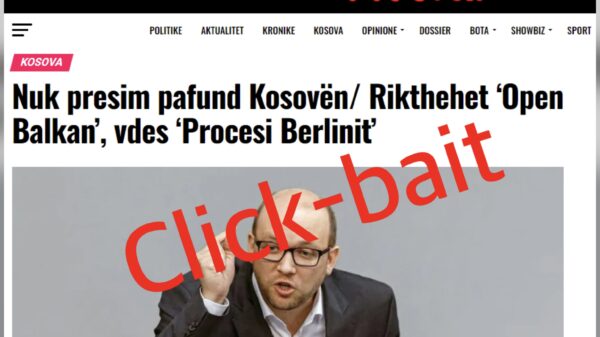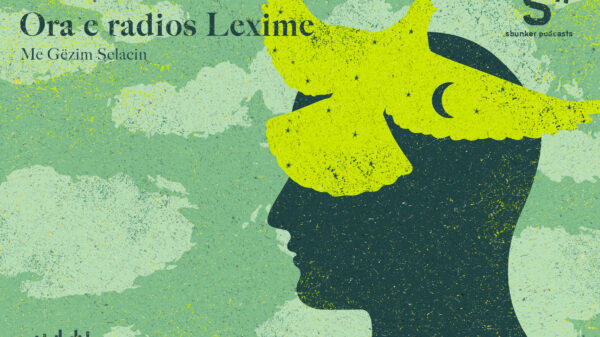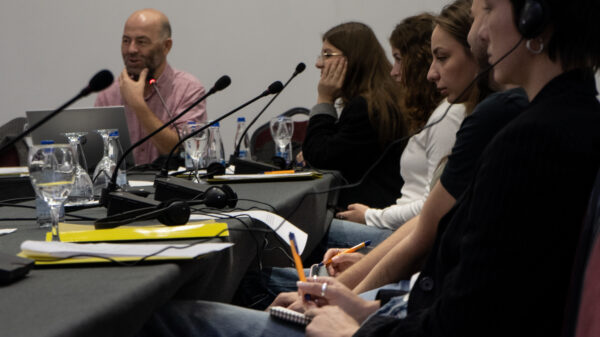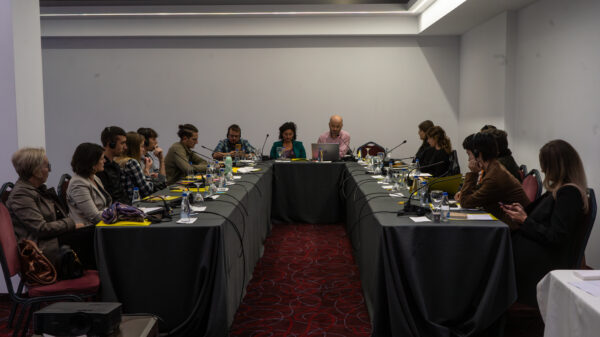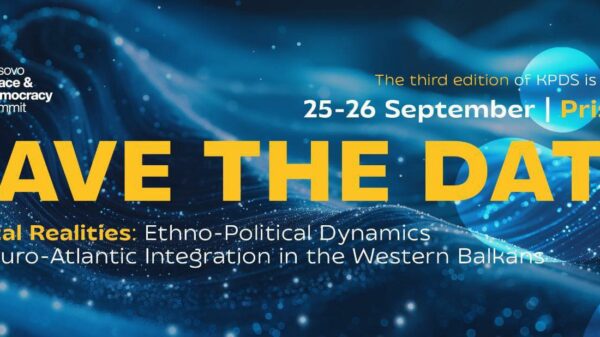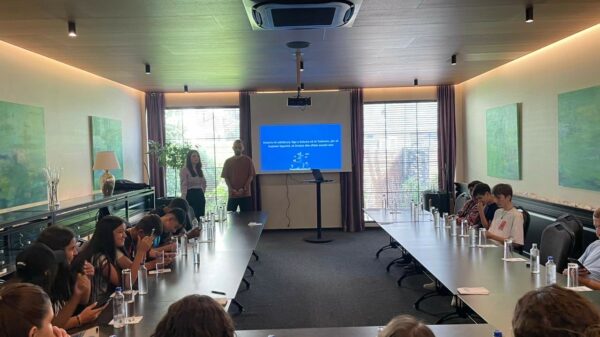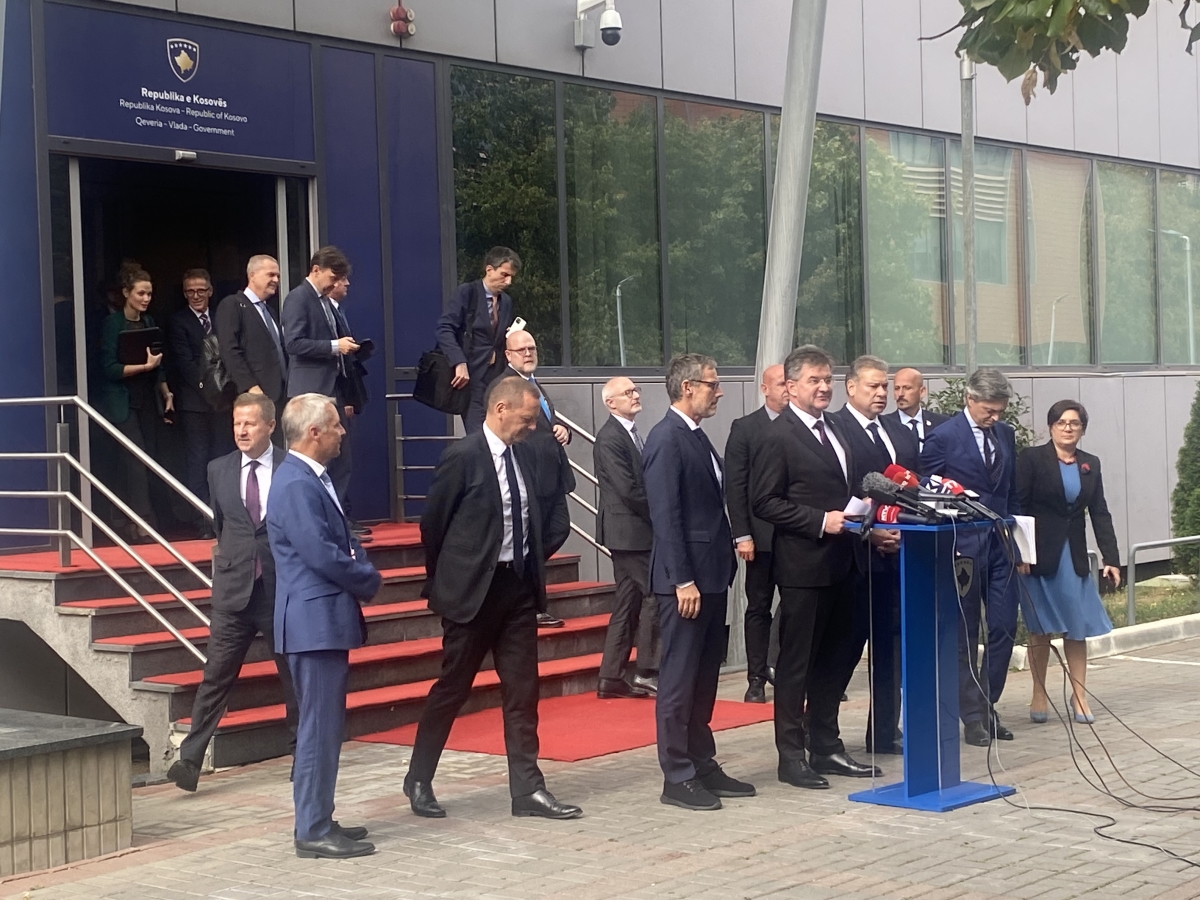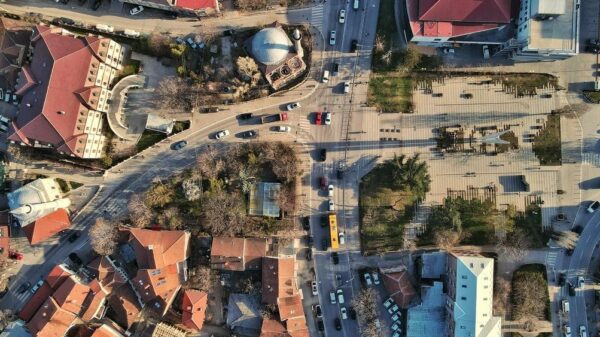Çështja e dinarit thelloi mospajtimet mes Qeverisë së Kosovës dhe Perëndimit, me paralajmërimet për eskalim tjetër të situatës në veriun e banuar me shumicë serbe.
Që prej hyrjes në fuqi të Rregullores së Bankës Qendrore (BQK), e cila njeh Euron si valutën e vetme zyrtare, janë dhënë interpretime të ndryshme për efektin që do ta ketë ajo te komuniteti serb. Kjo është shoqëruar edhe me akuza se vendimi po keqinterpretohet qëllimshëm, me synimin që komuniteti serb të nxitet për rezistencë ndaj vendimit.
In fact, the government's actions in the north, as well as other parts of the country where Serbia continues to maintain parallel structures, some of which have been closed down, have been viewed with concern by the international community. While the executive is called upon to enforce the Constitution and legality, the EU and the USA insist that actions affecting the Serbian community be well-prepared and addressed within the framework of the Brussels dialogue, which has been stalled for months.
Kosova has a good history of coordination with its ally states on important issues, especially those related to Serbs and relations with Serbia. However, several times over the past two years, international actors have been taken by surprise by the decisions of Prime Minister Albin Kurti, as was the case with license plates, travel documents, and most recently with the dinar issue. The situation reached its peak with the outbreak of tensions in May 2023, following the appointment of Albanian mayors in municipal offices, despite the EU and USA's request for them to exercise their mandate in alternative offices.
The punishment for the government was the imposition of sanction measures that the EU is still keeping in force.
Despite government officials' insistence that they have fully implemented the Bratislava agreement on de-escalatory measures, which implied reducing special police units around municipal buildings and agreeing to hold new local elections in the north, governmental decisions following these measures may be the reason why the EU no longer trusts Kurti and keeps the sanctions as a pressure tool to avoid escalating the situation in the north.
However, a recent warning issued by Deputy Prime Minister Besnik Bislimi could lead the situation in the opposite direction. In fact, according to him, Brussels' mistakes with license plates turned into an invitation for tensions. This was supported by statements from EU officials that Serbs in the north would not be able to register their vehicles with RKS plates within three weeks.
"For the conversion of license plates, we said there is no need for more than 3 weeks, but we gave 9 weeks. Brussels insisted on giving a year, thinking that we don't have the capacity, then it turned out that they were registered within 3 weeks. It turned out that Brussels was wrong, but Brussels' mistake turned into an invitation for tensions in the north...," Bislimi stated.
Another statement by Bislimi was deemed tendentious and raised suspicions about the instigators of tensions in the north. When speaking about reconciliation with the EU regarding de-escalatory steps, Bislimi expressed that they have told the EU not to force them to escalate the situation again.
"We have said that measures for de-escalation should be removed because of de-escalation. Don't force us to escalate the situation just to show you that we de-escalate it again," said Bislimi.
He and other state leaders have consistently denounced Serbia as the instigator of tensions in the north, which culminated in the terrorist attack in Banjska of Zvečan on September 24, where a Kosovo Police officer and three terrorists were killed.
This is not the only case where government officials clashed with EU officials. A meeting between the EU envoy for the Kosovo-Serbia dialogue, Miroslav Lajčák, and representatives of the National Convention on the European Union (NCEU) sparked a reaction from Bislimi and his followers.
According to Bislimi, Lajčák did not mention that within the delegation he met, there were mainly representatives of NGOs from Kosovo who "actively and openly advocate against the integration of Serbian citizens into the economic and social life of Kosovo."
Concerns about government officials' statements were expressed by the Rapporteur for Kosovo, Viola Von Cramon, who said that they have a direct and negative effect on Serbian members in Kosovo. According to her, no one needs to be told by the EU with whom, or at what time, its officials meet. Even in the NCEU, they stated that they act independently and do not represent the views of any state body.
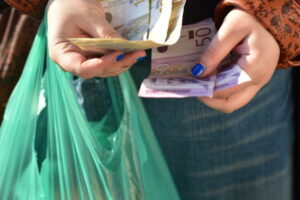
The government has reached its lowest point even in relations with the US, despite government officials insisting that this is a mistaken perception and a result of Serbian propaganda. The US Ambassador to Kosovo, Jeffrey Hovenier, confirmed in a media conference that the partnership has been strained. Furthermore, he refuted the Minister of Finance, Hekuran Murati, who said that reports of a breakdown in relations with the US are "Belgrade propaganda".
Hovenier reiterated significant concerns about the BQK Regulation, which they expressed in both public and private meetings.
Kurti was also criticized at the extraordinary session of the UN Security Council, which was convened at the request of Serbia. Countries like the United States and the United Kingdom acknowledged the government's argument that the ban on the dinar is part of measures to combat financial crime, but they criticized the implementation, which started without allowing a transition period for informing Serbian citizens.
The European Union insists that the parties resolve the dinar issue within the Brussels dialogue. However, Bislimi has refused to participate in discussions mediated by the EU on the dinar. According to him, with this invitation, Lajčák has violated "the principles he himself has set, as this is the first time he has scheduled a meeting without prior agreement with the parties." EU spokesperson Peter Stano clarified that the invitation of the EU special envoy does not specify which party should participate in the meeting invited by him for February 27. Stano criticized the government's non-constructive behavior, warning that this distances Kosovo from its European perspective.
Although aware that the decision aims to reduce counterfeiting, preserve financial stability, and increase transparency in the circulation of cash in Kosovo, EU officials have nevertheless raised concerns about its impact on the Serbian communities.
They called for a sufficient transitional period to facilitate the negotiation of an agreement.
In response to these concerns, Deputy Prime Minister Besnik Bislimi announced that in the coming days, they will present a list of 10 measures to ensure that citizens are not harmed during the transitional phase until the full implementation of the new BQK Regulation.
The government's shift of focus has overshadowed the implementation of dialogue agreements, which Kosovo and Serbia had agreed upon in Brussels and Ohrid. So far, none of the agreed points have been implemented, and it seems that there are no efforts from dialogue mediators to bring the parties back to the negotiation table.
*This article is published as part of the Western Balkans Regional Initiative against disinformation. “Western Balkans Anti-Disinformation Hub: exposing malign influences through watchdog journalism.”





